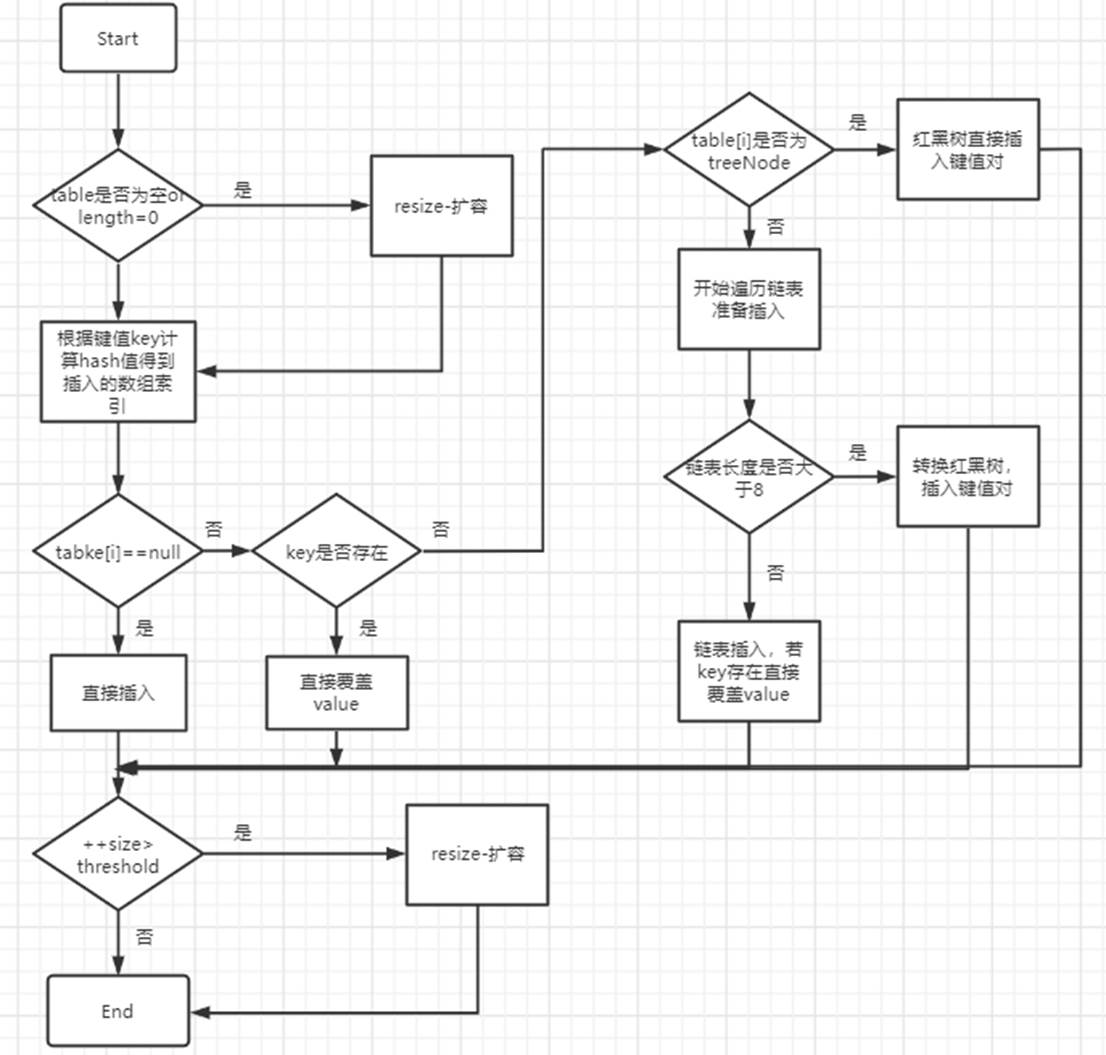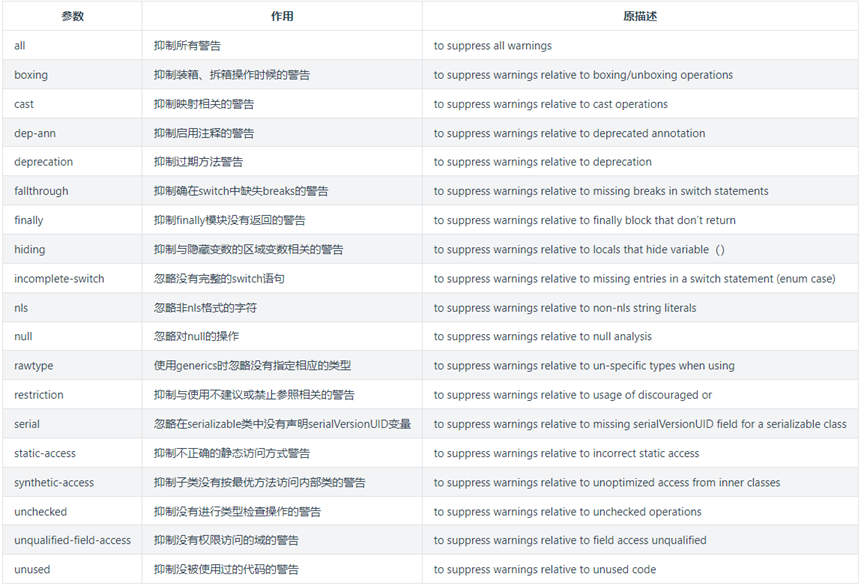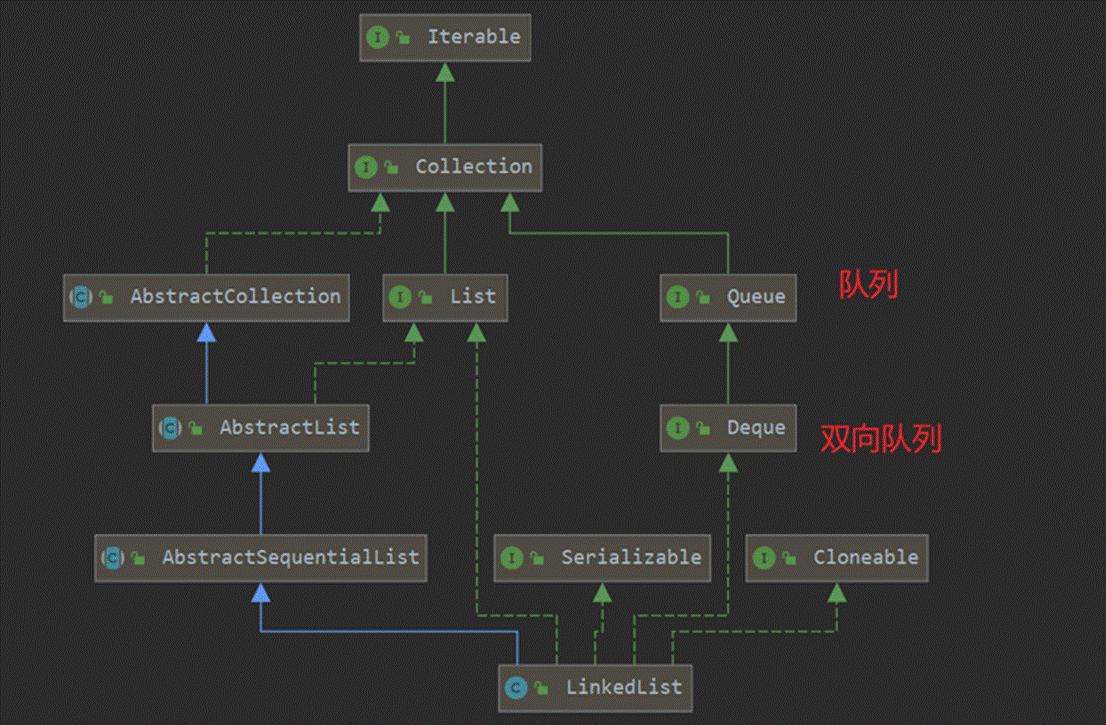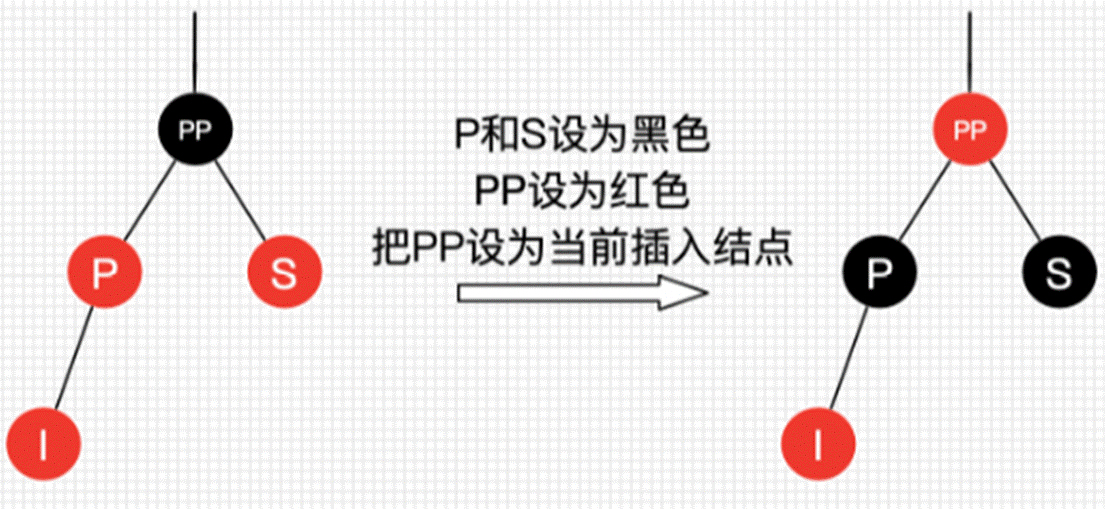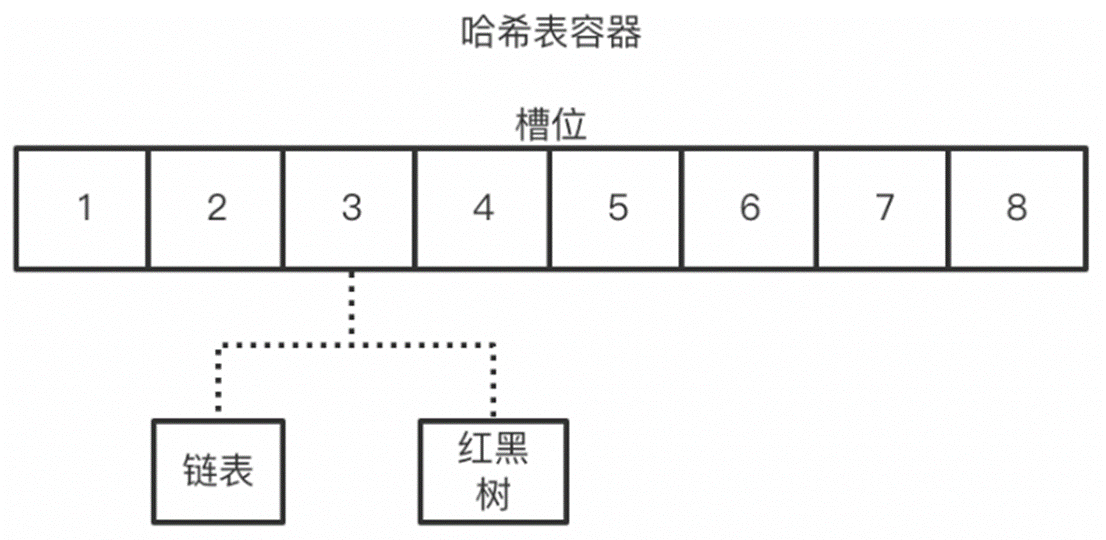我知道在论坛上提出了类似的问题,但他们似乎都没有完全解决我的问题.现在我对
Java 8很新,所以请耐心等待.
我有一个产品列表,例如:
我有一个产品列表,例如:
Input:
name category type cost
prod1 cat2 t1 100.23
prod2 cat1 t2 50.23
prod1 cat1 t3 200.23
prod3 cat2 t1 150.23
prod1 cat2 t1 100.23
Output:
Single line (name,category,type) summing the cost and count of products.
Product {
public String name;
public String category;
public String type;
public int id;
public double cost;
}
我需要按名称,类别和类型对此进行分组,并生成一个结果
总结这些数据并产生每种产品的总成本和数量.大多数示例显示按两个字段分组并使用单个条件进行聚合.
关于forumn的建议,我想出了这个分组:
public class ObjectKeys {
ArrayList<Object> keys;
public ObjectKeys(Object...searchKeys) {
keys = new ArrayList<Object>();
for (int i = 0; i < searchKeys.length; i++) {
keys.add( searchKeys[i] );
}
}
}
然后用它如下:
Map<String,Map<String,List<Product>>>> productsByNameCategoryType =
products.stream().collect(groupingBy(new ObjectKeys(l.name(),l.category(),l.type())))
但是我如何将计数和总和链接到上面的代码?特别是对于超过2个领域的团体.
有一个更好的方法吗?
就像我提到的,我的Java8不是那么好,请帮忙.
解决方法
前提
class Product {
public String name;
public String category;
public String type;
public int id;
//todo:implement equals(),toString() and hashCode()
}
class Item{
public Product product;
public double cost;
}
总结方式
您可以使用Collectors#groupingBy& ;;总结按产品分组的项目. Collectors#summarizingDouble.
List<Item> items = ...;
Map<Product,DoubleSummaryStatistics> stat = items.stream().collect(groupingBy(
it -> it.product,Collectors.summarizingDouble(it -> it.cost)
));
// get some product summarizing
long count = stat.get(product).getCount();
double sum = stat.get(product).getSum();
//list all product summarizing
stat.entrySet().forEach(it ->
System.out.println(String.format("%s - count: %d,total cost: %.2f",it.getKey(),it.getValue().getCount(),it.getValue().getSum()));
);
合并具有相同产品的项目
class Item{
public int qty;
//other fields will be omitted
public Item add(Item that) {
if (!Objects.equals(this.product,that.product)) {
throw new IllegalArgumentException("Can't be added items"
+" with diff products!");
}
return from(product,this.cost + that.cost,this.qty + that.qty);
}
private static Item from(Product product,double cost,int qty) {
Item it = new Item();
it.product = product;
it.cost = cost;
it.qty = qty;
return it;
}
}
那么您可以使用Collectors#toMap合并具有相同产品的项目:
Collection<Item> summarized = items.stream().collect(Collectors.toMap(
it -> it.product,Function.identity(),Item::add
)).values();
最后
你可以看到两种方式做同样的事情,但第二种方法更容易在流上运行.以及我在github上检查的两种方式的测试,你可以点击查看更多细节:summarizing items& merge items方式.

